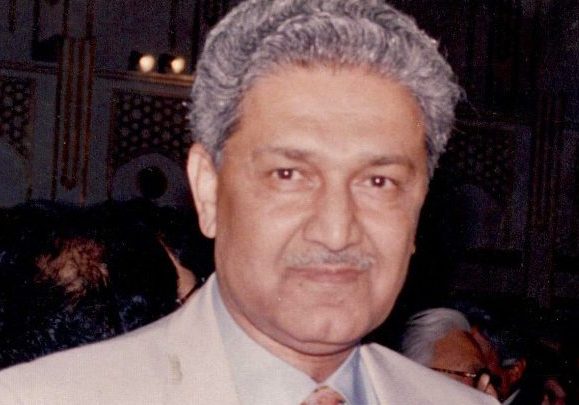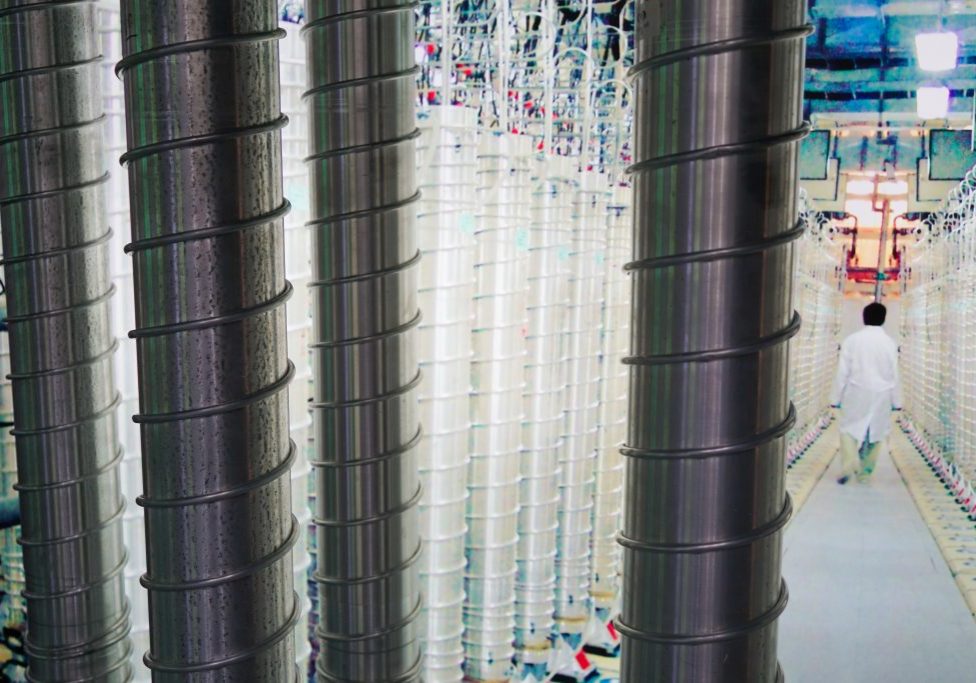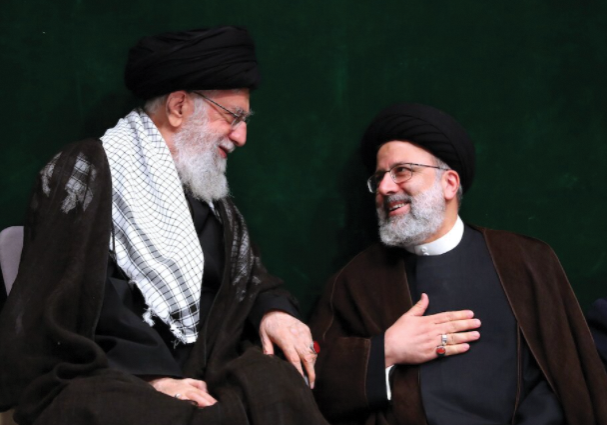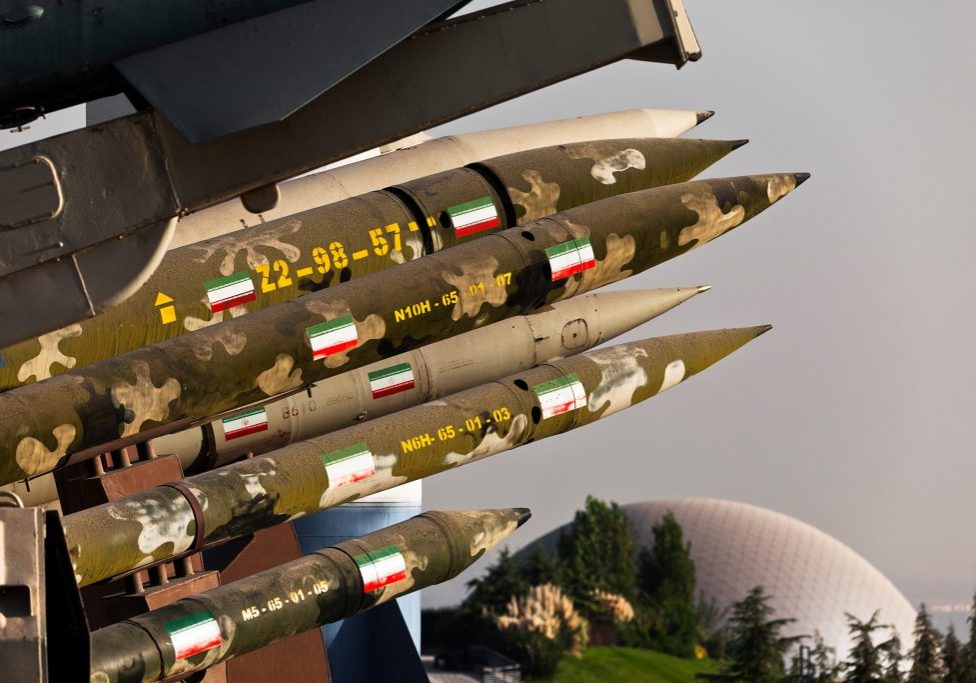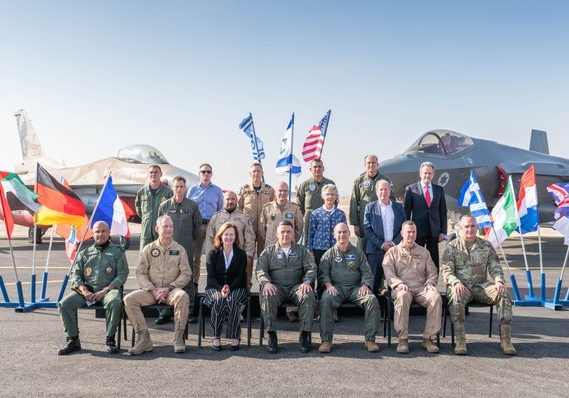Australia/Israel Review
Editorial: Much Ado About Nothing
Jul 1, 2005 | Colin Rubenstein
Much Ado About Nothing
The presidential elections in Iran have been about as fairly played as a crooked hand of blackjack. The deck was stacked through an edict of the unelected Council of Guardians that disqualified the candidacy of anyone who did not toe the line of the ruling Islamic theocracy in Teheran. And bottom dealing appeared in the form of ballot stuffing and graveyard voting incidents that were rampant throughout the country.
But the ultimate ace-in-the-hole remained up the regime’s sleeve the whole time because the entire exercise was much ado about not very much at all. The Iranian constitution stipulates that any presidential decision may be overruled by a ‘Leader of the Revolution’ who must, by law, be an Islamic cleric. Thus since 1989, real governmental authority in Iran has resided with the Ayatollah Ali Khamenei, whose extremist religious views are of the fire and brimstone variety.
Yet while Iranian presidential impotence turns any contest for that post into a triumph of symbolism over substance, this particular election still sends a message that should worry us all. The cause of our consternation should stem from the fact that the run-off ballot on June 24 presented Iranian voters with a choice between fanaticism and zealotry.
Ayatollah Hashemi Rafsanjani, who was always the frontrunner, is a former Iranian president famous for, among other things, subscribing to the quaint belief that a nuclear war with Israel would be a good idea. The Ayatollah-cum-President thinks that nuking Tel Aviv would be a worthwhile enterprise because the Muslim world will suffer only damage while the Jewish state would be totally destroyed. According to the Rafsanjani doctrine of international relations, such a casualty ratio would simply be the cost of doing business. After all, the really important thing would be to turn Israel into a pile of radioactive rubble that glows in the dark.
But his opponent was a former Revolutionary Guard commander whose views, if anything, are even more hardcore. As a young student leader, Mahmood Ahmadinejad played a key role in the 1979 seizure of hostages at the US Embassy in Teheran. And he doesn’t seem to have mellowed much with the passage of time.
While he was mayor of Teheran, Ahmadinejad banned portraits of British soccer star David Beckham from adorning billboards throughout Iran’s capital city. And one of Ahmadinejad’s more quotable quotes appeared in his presidential campaign slogan that declared, “we did not have a revolution in order to have democracy.” I guess Thomas Jefferson was barking up the wrong tree with all that stuff about life, liberty and the pursuit of happiness.
The hidden truth is that this rigged election, with its run-off between a hardliner and an even harderliner, was used by the Iranian regime as a tool to send a message to the outside world, particularly the United States. In a statement carried by the state-run Islamic Republic News Agency, deputy armed forces chief General Alireza Afshar described the ballot result as “a political tsunami” that “caused a loss of face for Bush.” And a Teheran voter who just happened to be interviewed by al-Jazeera TV related that he “picked Ahmadinejad to slap America in the face.”
But in the final equation, the Iranian President, whoever he is, is simply a puppet of the powers that be. This was amply demonstrated by previous President Khatami, who swept into office with a huge popular mandate to implement a program of liberalising reforms, and managed to achieve almost none of them over eight years in the face of the opposition of Iran’s real rulers.
The shots in Teheran will continue to be called by a self-selected coterie of theocrats who do not concern themselves with whimsical concepts like freedom of speech. Government of the people, by the people and for the people, Teheran-style, means the twelve people who make up the Council of Guardians.
It is clear that the Iranian theocrats are detested by an overwhelming majority of their own people. The Islamic regime clings to power on the back of an odious army of thuggish enforcers who impose the government’s will with baton, bullet and bastinado.
Thus despite all the political posturing and pontificating, the current electoral hullabaloo is nothing more than an empty backdrop to another race that is far more consequential. The real marathon is going on between a simmering Iranian grassroots yearning for democracy and the obsessive pursuit of nuclear weapons by an oppressive junta of Islamist theocrats.
But if the junta in Teheran wins this race and manages to develop nuclear weapons before it is overthrown by the popular will, then we are all in trouble. The example of North Korea teaches us that the acquisition of nukes by rogue regimes only emboldens the regimes that rule them. Under the aegis of The Bomb, Iran’s ruling mullahs would feel free to mercilessly suppress their domestic democratic opposition, and to ceaselessly support their terrorist surrogates abroad.
The Europeans have rested their counter-proliferation hopes on toothless diplomatic initiatives and the IAEA fiddles while Iran proceeds to produce the nuclear weapons that could burn us all.
Decisive support for the Iranian people against the despots who oppress them and threaten us is the correct policy, both morally and pragmatically. The clock is ticking and we have not a moment to waste.
Ted Lapkin
******
A Win-Win Outcome
Both Prime Minister Howard and backbencher Petro Georgiou should be applauded for the modification to Australia’s immigration detention procedures they jointly negotiated. The key changes agreed on – removing families with children and long-term detainees from detention centres, speedier processing of new refugee applications and definite limits on length of detention, greater outside oversight of the process, and a firm deadline for deciding the status of temporary visa holders seeking permanent residency – seem to strike an appropriate balance between humanitarian concerns and border protection. Collectively, they should help achieve the Prime Minister’s May 31 pledge of a “speedier, more flexible, and more humane” administration of immigration policy.
While there is bipartisan support for Australia to determine who is and who is not eligible for residence in Australia, the challenge is always to find ways to administer the policy which balances compassion and national security. Especially given the context of a changing environment, dialogue to find ways to minimise the unintended harm caused, within the context of common broad policy goals, is always positive, as the fruitful Howard-Georgiou negotiations have demonstrated.
Hopefully, the new system will create a much better outcome for all concerned and will also enhance the integrity of the already successful model of Australian multiculturalism, which has done so much to promote harmony and cohesion in our nation.
Mr Georgiou and his colleagues deserve gratitude for their principled and resolute stand and the Prime Minister deserves full credit for his creative statesmanship in achieving this historic adaptation of our immigration procedures.
Colin Rubenstein
Tags: International Security

